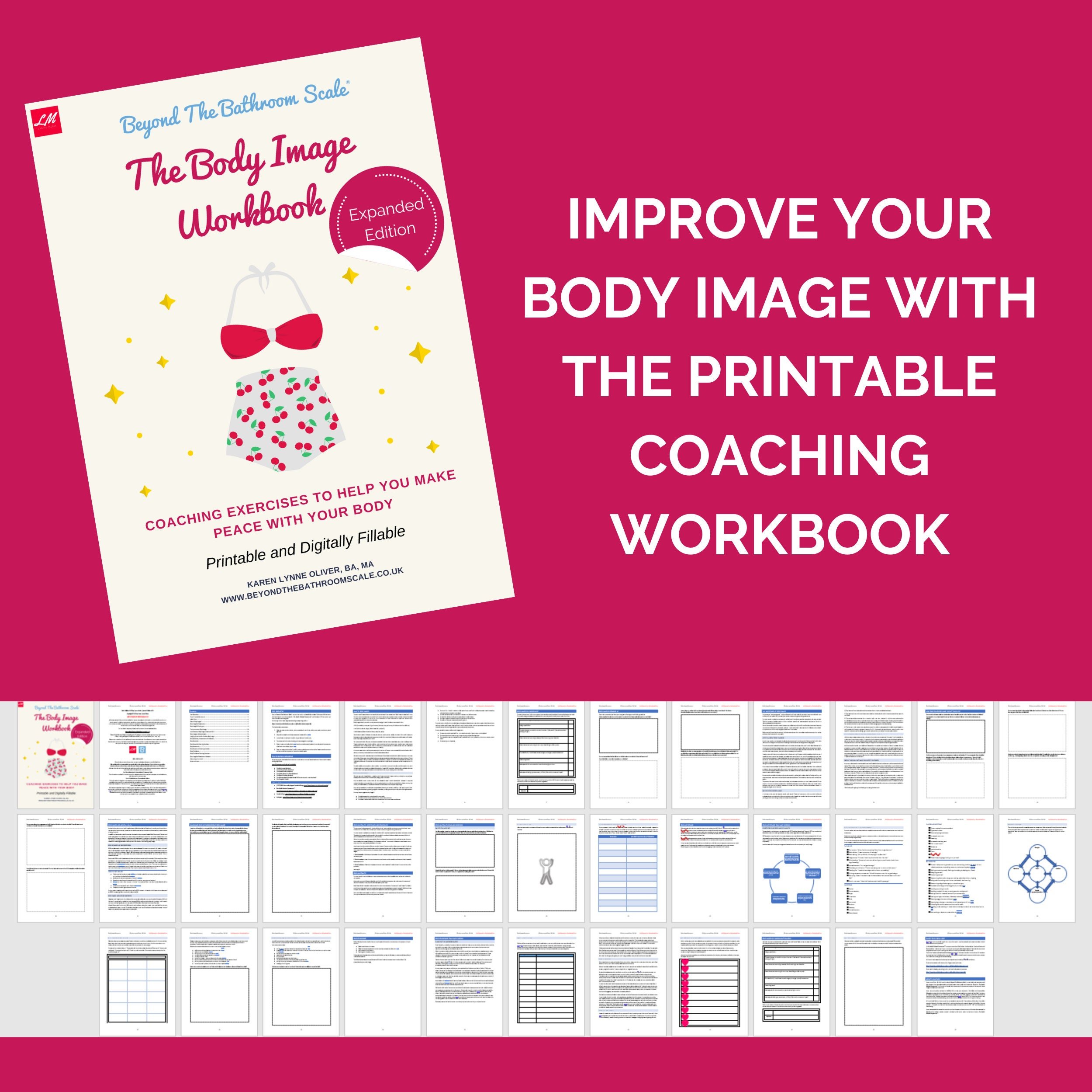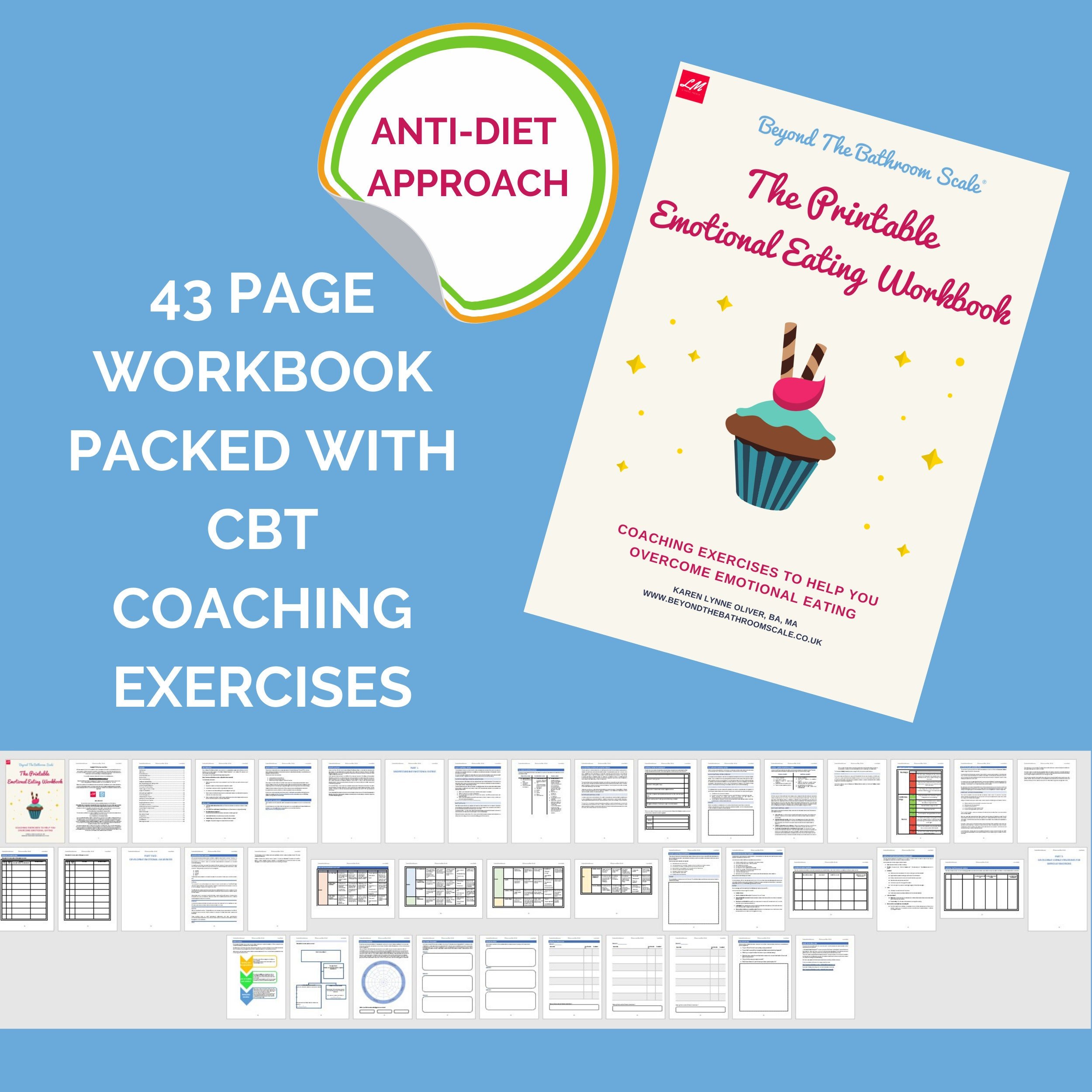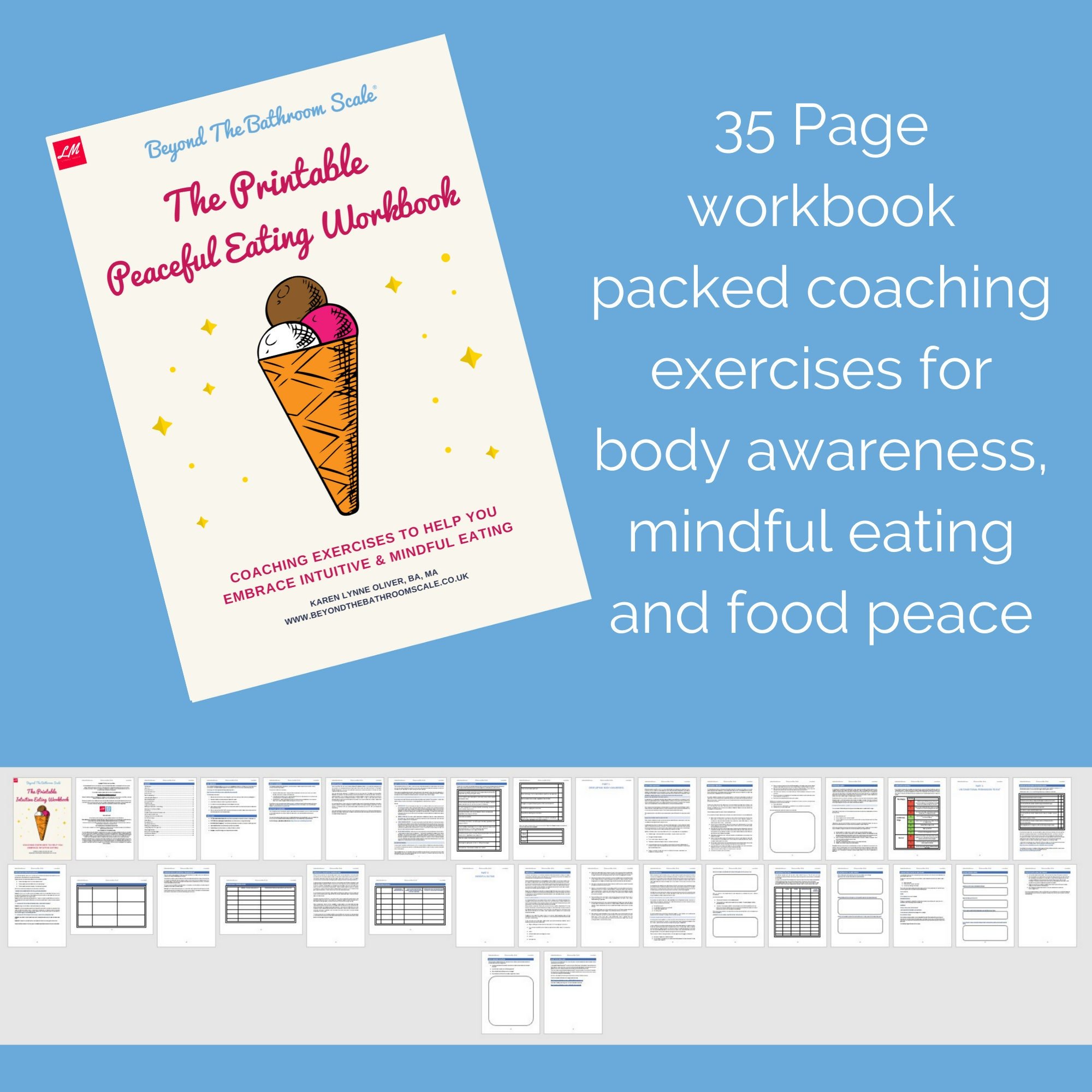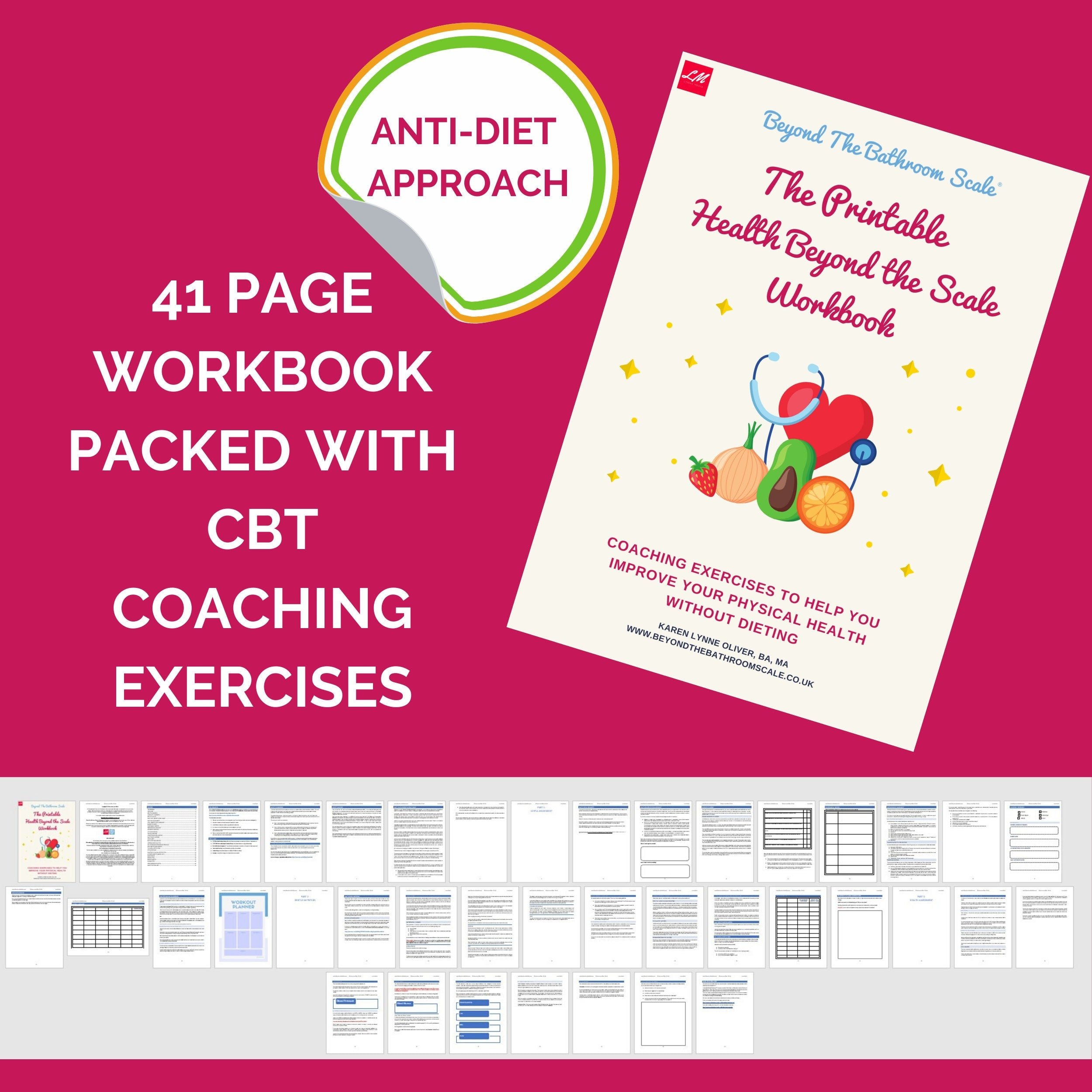Healthy Eating, Clean Eating and Orthorexia: Where Do We Draw The Line?
If you or someone you know is struggling with eating disorders, please reach out for support from the list of organisations Emergency Support
Healthy eating and 'clean eating' used to mean the same thing: simply eat less processed food. Cook from scratch most of the time, don't add additional sugar or salt to foods, eat lots of veggies, lean meats, eggs, dairy, fruit, seeds and nuts and reduce alcohol consumption.
If however, some of top health bloggers and magazines were to be believed, the glossy 'aspirational' version of 'clean eating' has turned into just another diet tied up with moral connotations. These diets are prescribed to followers, the majority of whom have not been professionally diagnosed with a dairy or gluten allergy, and just simply want to lose a few pounds and feel better.
This cult-like version of clean eating has since morphed into a vegan, diary-free, gluten free, alkaline, raw version.
Cutting out food groups or particular ingredients when you don't have an allergy, particular illness or an intolerance to it is time consuming, hard work and according to the qualified experts, pointless at best, and at worst, it's potentially nutritionally deficient, and damaging to your relationship with food and even your sense of self-worth (I've eaten 'bad', 'dirty' food, I must therefore be bad person').
It's also isolating when you're away from the #cleaneating #fitfam of Instagram. Eating a such a restricted diet makes it difficult to go out with friends, cook for a family or go on holiday. This is one, among many reasons, why it's not sustainable in the long term and will likely encourage the urge to binge on 'forbidden foods' and send a person spinning down the 'bad food/bad person' thought spiral. Sounds just like every other kind of fad-diet doesn't it?!
If you are someone who feel they may be suffering from an allergy, or even an undiagnosed serious illness such as Crohns, IBD or celiac disease, then please get a formal diagnosis and seek treatment and dietary advice from a qualified professional before making any changes to your diet.
Many of the big name 'free-from/raw/alkaline/clean eating' blogs are unqualified to prescribe such specific 'cures' and restrictive diets to their followers.
I don't see these sorts of bloggers as being much different from the pro-ANA/MIA websites and forums, where people suffering from the eating disorders of anorexia and bulimia encourage others and swap 'tips'.
There's a real danger of the followers of these 'health' blogs becoming completely obsessed with the unbreakable rules of 'eating clean', leading to an eating disorder called 'orthorexia' (which hasn't yet been clinically recognised as an eating disorder in the DSM).
In a balanced, healthy lifestyle, you can still eat a piece of cake if you want to. There's certainly no need to feel guilty about consuming some refined sugar or a takeaway pizza once in a while (or even once a week!).
The food you eat does not determine who you are as a person. This is taking the phrase 'You are what you eat' far too literally. If you're the kind of person who writes your dietary needs/preferences in your social media bio and feels the need to tell everyone around you how they should be eating, then you may well be taking it too far.
We need to see food for what it really is: fuel for our bodies. Some of it is high-quality fuel, some of is lower quality. By all means, eat foods that nourish your body, as well as foods to nourish your soul, but don't restrict yourself with a long list of rules. Live your life, don't let it revolve around food.






